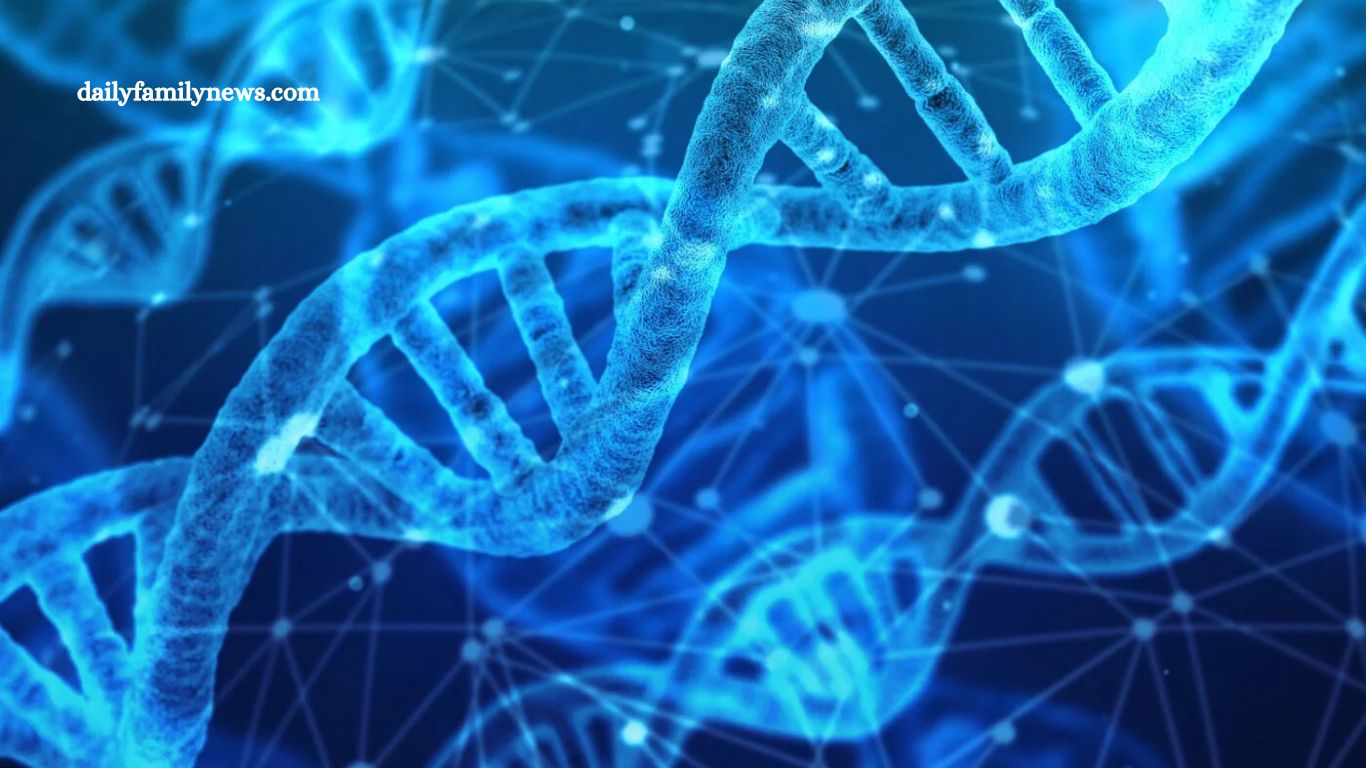A Growing Practice With Troubling Implications
Despite growing concern over the treatment of migrant children in U.S. custody, new reports reveal that immigration authorities are collecting and storing their DNA in a criminal database. Documents reviewed by Wired indicate that since 2020, over 130,000 DNA profiles of minors—including children as young as four—have been added to the FBI’s Combined DNA Index System (CODIS).
Read More: Men Twice as Likely to Die from ‘Broken Heart Syndrome,’ Study Reveals
DNA Collection and the Expansion of CODIS
CODIS, managed by the FBI, was originally designed to hold DNA profiles from convicted criminals, unsolved crime scenes, and missing persons cases. It now contains more than 23 million profiles, and at least 133,539 belong to children and teenagers detained by immigration authorities.
Since new Department of Justice (DOJ) regulations took effect in 2020, the Department of Homeland Security (DHS)—which includes U.S. Customs and Border Protection (CBP)—has significantly expanded DNA collection. Previously exempt, DHS was ordered to begin routine collection from detainees under a new DOJ mandate. CBP launched a pilot program that same year, initially stating that DNA would only be collected from individuals aged 14 to 19.
Discretion Leads to DNA From Children as Young as Four
Despite the initial age limits, CBP policy allows officers discretion to collect DNA from younger children. That discretion has resulted in DNA samples being collected from at least 227 children under the age of 13, including one case involving a 4-year-old in El Paso, Texas.
“In order to secure our borders, CBP is devoting every resource available to identify who is entering our country,” Hilton Beckham, assistant commissioner of public affairs at CBP, told Wired. He added that the agency collects DNA only from individuals who are arrested or detained and not exempt from the requirement.
A Five-Thousand Percent Increase
According to a report by Georgetown University’s Center on Privacy and Technology, CBP has added more than 1.5 million DNA profiles to CODIS since 2020. That figure represents a 5,000% increase in sample collection by CBP and U.S. Immigration and Customs Enforcement (ICE). In one particularly alarming instance, CBP officers in Laredo, Texas submitted nearly 4,000 DNA samples to the FBI in a single day—252 of which belonged to minors aged 17 or younger.
“Offender” Label Applied to Migrants
Once collected, these DNA profiles are entered into CODIS under the “offender” category, regardless of age or criminal history. Critics argue that this mislabeling has lasting implications for children and families.
Stephanie Glaberson, director of research and advocacy at Georgetown’s Center on Privacy and Technology, described the program as “morally bankrupt and unconstitutional.”
“The revelation that CBP collected DNA from a 4-year-old and added it to CODIS brings the absurdity of the government’s DNA program into sharp relief,” she told Gizmodo.
Limited Safeguards and Broad Powers
Georgetown’s report highlights a major disparity in due process: while criminal law enforcement agencies must meet strict requirements to collect DNA, immigration authorities face almost no oversight. Detention in the immigration context is loosely defined and does not require judicial authorization.
“The lack of procedural safeguards means that DHS can amass data at a much quicker rate than police can,” the report states. “But all of the DNA DHS takes is accessible to the police.”
A Step Toward Genetic Surveillance?
Privacy experts warn that these practices push the U.S. closer to a regime of genetic surveillance. The permanent retention of DNA from non-criminal, non-consenting individuals—especially children—raises serious ethical and constitutional questions.
“Collecting migrants’ DNA like this serves no legitimate immigration purpose,” Glaberson added. “What it does is place these individuals, their families, and communities under watch for life.”
Frequently Asked Questions
What is happening with children’s DNA and U.S. immigration authorities?
Since 2020, U.S. Customs and Border Protection (CBP) and Immigration and Customs Enforcement (ICE) have been collecting DNA from detained immigrants, including children. These DNA samples are submitted to the FBI’s Combined DNA Index System (CODIS), a national criminal database.
What is CODIS?
The Combined DNA Index System (CODIS) is a federal DNA database managed by the FBI. It contains DNA profiles from convicted offenders, unsolved crime scenes, and missing persons. Immigration detainees’ DNA is now being added under the “offender” category—even in cases where no crime has been committed.
Why is the government collecting DNA from children?
The collection stems from a 2020 Department of Justice rule change that eliminated prior exemptions for DHS agencies. CBP claims the DNA collection helps identify individuals and prevent criminal activity like human trafficking. However, critics argue that this rationale does not justify collecting and storing DNA from minors, especially those with no criminal history.
How young are the children affected?
According to internal documents reviewed by Wired, DNA has been collected from children as young as 4 years old, even though CBP initially said it would focus on individuals aged 14–19.
How many children’s DNA profiles are in CODIS?
At least 133,539 DNA profiles of minors have been added to CODIS, based on investigative reporting. In one case, nearly 4,000 samples were submitted in a single day—over 250 from children aged 17 or younger.
Is it legal to collect DNA from detained immigrants, including children?
Under current U.S. law, it is legal—but the practice is highly controversial. Critics argue that it violates constitutional protections, especially since immigration detention does not require the same due process or judicial oversight as criminal detention.
Conclusion
The collection and permanent storage of children’s DNA by U.S. immigration authorities mark a troubling expansion of government surveillance. While officials claim it is necessary for border security and crime prevention, the practice raises serious ethical, legal, and constitutional questions—especially when applied to minors who have committed no crime.
Labeling immigrant children as “offenders” in a federal criminal database not only stigmatizes vulnerable individuals but also sets a dangerous precedent for how biometric data is used and retained. With minimal oversight and vague definitions around “detainment,” this policy exposes systemic gaps in privacy protections for non-citizens, and particularly for children.
